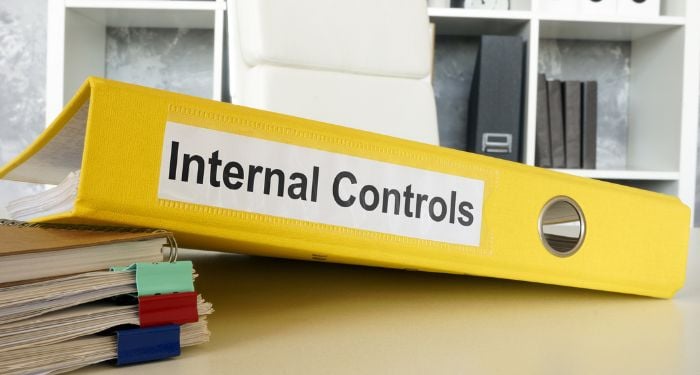
Business Valuation Service Frequently Asked Questions
Understanding the True Value of Your Business
What is your business worth? Knowing the true value of your business can be a powerful advantage. An independent business valuation brings clarity to complex situations, whether you’re planning for estate or gift taxes, preparing for a sale, developing a succession strategy, or resolving a dispute. With the right insight, you can make more informed decisions and move forward with greater certainty.
In the valuation process, business owners want a trusted opinion, a clear explanation, and results they can rely on. The number matters, but so too does an understanding of how it was determined and why it stands up to scrutiny from tax authorities, legal counsel, and other stakeholders.
Below are some of the most frequently asked questions we receive about our services. These are designed to guide you toward a structure that aligns with your financial goals and growth strategy.
Business Valuation Frequently Asked Questions
- Why is an independent business valuation important?
An independent business valuation provides an objective, defensible assessment of a company’s worth. It is essential for informed decision-making in situations such as estate or gift tax planning, ownership transitions, legal disputes, and strategic business planning. - What are the risks of relying on assumptions or outdated business valuations?
Using inaccurate or outdated valuation figures can result in missed opportunities, poorly structured deals, and complications in legal or tax proceedings. Without a clear understanding of value drivers and risk factors, effective negotiation, planning, and long-term protection of the business can be compromised. - How do you calculate the value of a business?
A comprehensive valuation draws on multiple factors, including historical and projected financial performance, industry conditions, current economic factors, and qualitative business attributes. The result is a thorough and well-supported indication of value that aligns with recognized valuation standards and is suitable for scrutiny by stakeholders such as current or prospective owners, the IRS, legal counsel, and financial institutions. - What types of business situations require a valuation?
Valuation services are commonly used in estate and tax planning, succession and exit strategies, litigation and dispute resolution, ESOP formation, support for shareholder agreements, financial reporting, management buyouts, and purchase price allocations. - Will the valuation process and findings be clearly explained?
Yes. The valuation process includes detailed explanations of the methodologies used, key assumptions made, and discussion on how conclusions were reached. This ensures transparency and enables business owners and stakeholders to fully understand and apply the findings with confidence.



